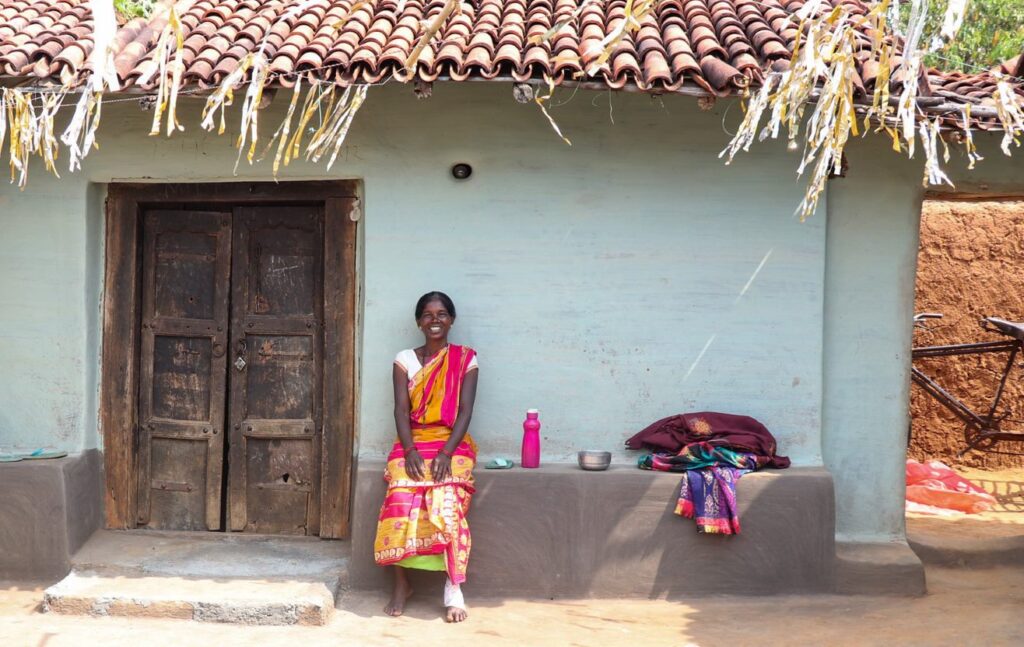LIVE UPDATES:
X no. of patients in remote villages were helped with cataract surgeries from Jan to Mar 2022 by Operation Blessing India.
Have questions about Operation Blessing India? Take a look at the answers to our most frequently asked questions below or visit our what we do page to learn more about our core programs. Still have questions? Feel free to contact us!
Operation Blessing India is a non-profit organization, headquartered in Gurugram (Delhi-NCR). It was established in 1999.
Through core programs of disaster relief, medical care, hunger relief and clean water, Operation Blessing India is dedicated to empowering people to live with dignity, to alleviate human need and suffering in India.
Through core programs of disaster relief, medical care, hunger relief and clean water, Operation Blessing India is helping to alleviate suffering and break the cycle of poverty in India.
Headquartered in Gurugram (Delhi-NCR), Operation Blessing India provides strategic relief in India wherever it is needed most.
Operation Blessing India relies solely on financial donations to fund our work. If you would like to help people in need by making a donation, please click here.
Yes, you may link to www.obindia.org. We enjoy knowing who is lending support in this way, so please e-mail us at connect@obindia.org with a link to your website.
To get updates on Operation Blessing India’s humanitarian relief efforts, please send us your full name, e-mail and mailing address to connect@obindia.org. You may fill out the form below.
Operation Blessing India and our partners are dedicated to empowering people to live with dignity and to alleviate human need and suffering in India.
For 22 years, your love has shown through Operation Blessing India as together we’ve provided hunger relief, medical care, clean water and disaster relief to thousands in India.
Through compassionate, efficient, and locally-focused programs we are able to target the specific needs of those we serve and provide a gateway for our partners to truly transform lives.
Be the first to know about new life-changing programs, urgent needs, and more! Sign up to receive important updates right to your inbox.
Copyright © 2025 by Operation Blessing
